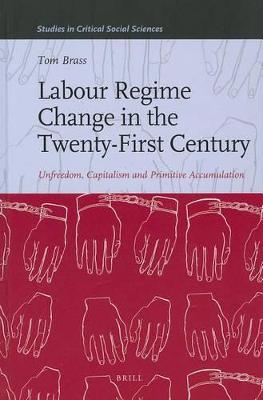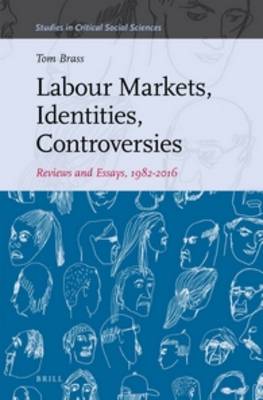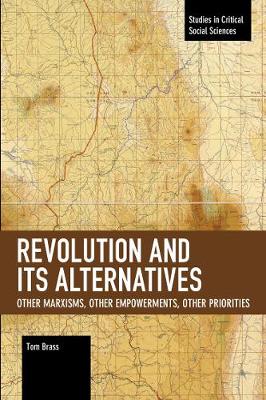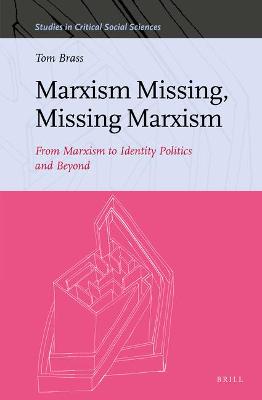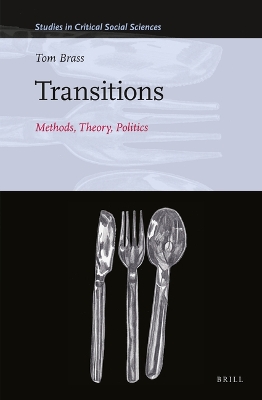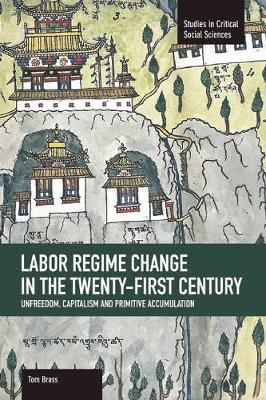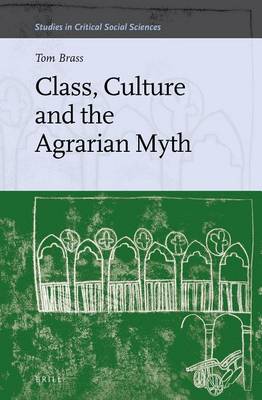Studies in Critical Social Sciences
5 primary works • 7 total works
Book 35
Book 102
Book 129
Against the usual argument heard most frequently on the left, that there is no subject for a radical politics together with its form of political mobilization, Tom Brass asserts that there is - but in the absence of a radical leftist project, this subject has in the past transferred, and in many instances is still transferring, his/her support to the radical politics on offer from the other end of the ideological spectrum. The combination of, on the one hand, a globally expanding industrial reserve army, generating ever more intense competition in the labour markets of capitalism, and, on the other, the endorsement by many on the left not of class but rather of non-class identities espoused by the 'new' populist postmodernism, has fuelled what can only be described as a perfect political storm.
Book 183
Book 230
Labor Regime Change In The Twenty-first Century: Unfreedom, Captalism And Primitive Accumulation
by Tom Brass
